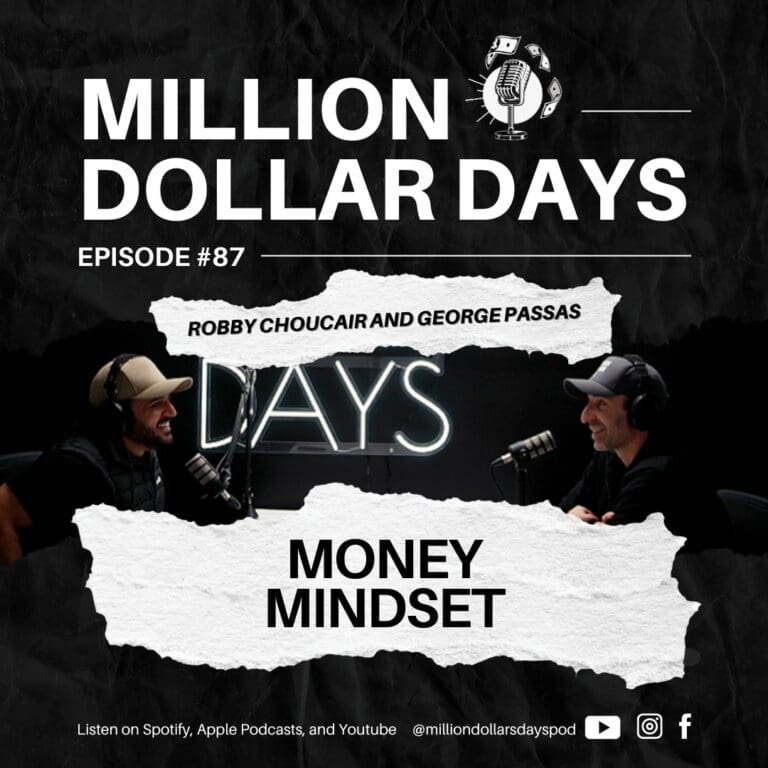The psychology of wealth and our relationship with money is a fascinating topic that affects every aspect of our lives. In this episode, we delve deep into how our conditioning around money shapes our beliefs, behaviors, and ultimately our financial futures.
One of the most interesting discussions centered around how we talk to children about money. When children are young, they’re like sponges absorbing every message about wealth that we consciously or unconsciously communicate. The host shared how his eight-year-old daughter has been asking questions about saving money, buying houses, and where money comes from. Instead of reinforcing the traditional narrative of “saving money for a rainy day,” he’s actively trying to reshape that psychology by explaining that money is a tool meant to be used rather than hoarded.
This represents a significant departure from how many of us were raised, particularly those with European parents or grandparents who lived through harder economic times. The traditional mindset of saving for emergencies or just for the sake of having money “just in case” can create limiting beliefs that actually prevent wealth creation and enjoyment. Instead, children can be taught that money should be used to generate more money, create experiences, and improve quality of life.
The conversation also explored the fascinating cultural judgments we make about wealth. At business events when asked what they’d think seeing a young person driving an expensive car like a Lamborghini, most people immediately jump to negative assumptions: drug dealer, criminal, trust fund kid. This reflects our collective conditioning around wealth – that it must come through dubious means if acquired too quickly or too young. But what does it say about our own relationship with money when we can’t conceive that someone might ethically build tremendous wealth at a young age?
Another profound topic was the balance between wealth creation and relationships, particularly family. Is it worth sacrificing family time to build enormous wealth? One host shared how he prioritizes being home for his children’s bedtime, even if it means returning to work afterward, recognizing that childhood is fleeting. This was contrasted with a billionaire entrepreneur who became emotional on stage when acknowledging he missed his children growing up while building his empire.
The discussion about investment strategies revealed how past traumas can shape our approach to wealth building. One host shared how his father had been wiped out financially during the 2008 GFC, creating a subconscious negative association with the stock market that likely influenced his own investment choices toward real estate instead.
Perhaps most surprisingly, the conversation took an unexpected philosophical turn when discussing an AI’s imagined response to becoming human for a day. The AI’s hypothetical answer focused on experiencing simple physical sensations like feeling the sun, experiencing gravity, and tasting pizza – reminding us that amid all our concerns about money and wealth, we often forget to appreciate the simple wonders of being alive.
Ultimately, the episode challenges listeners to audit their own relationship with money. Does your emotional state mirror your bank account balance? What limiting beliefs might be holding you back? And most importantly, how can you develop a healthier relationship with wealth that serves your life goals without sacrificing what truly matters?
